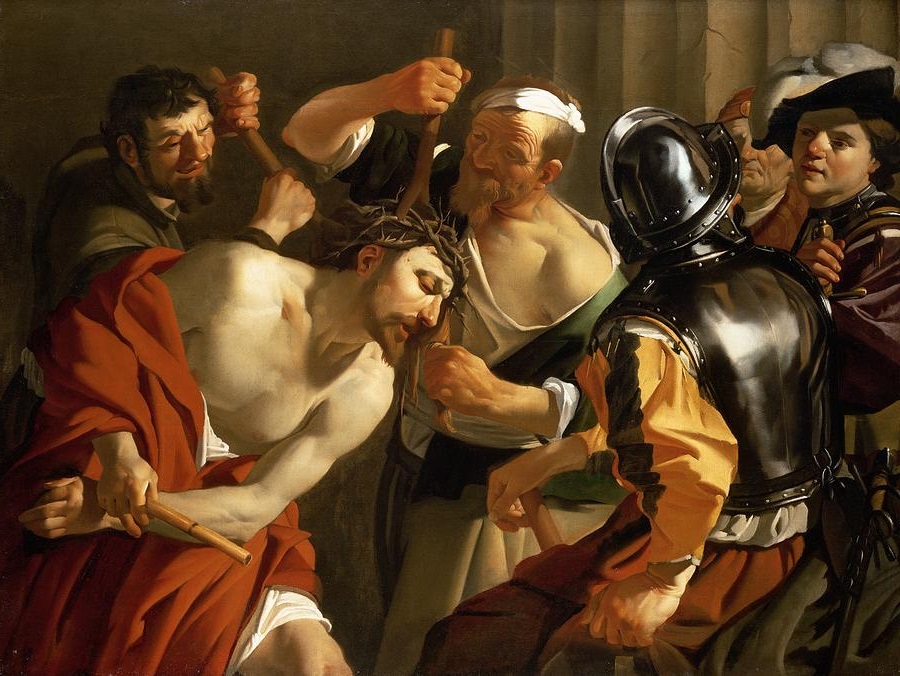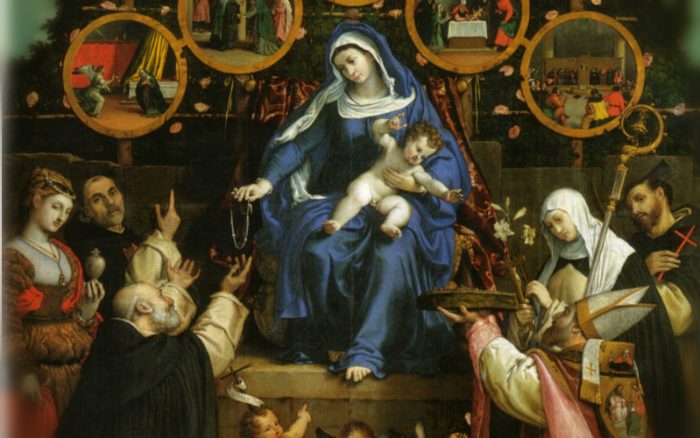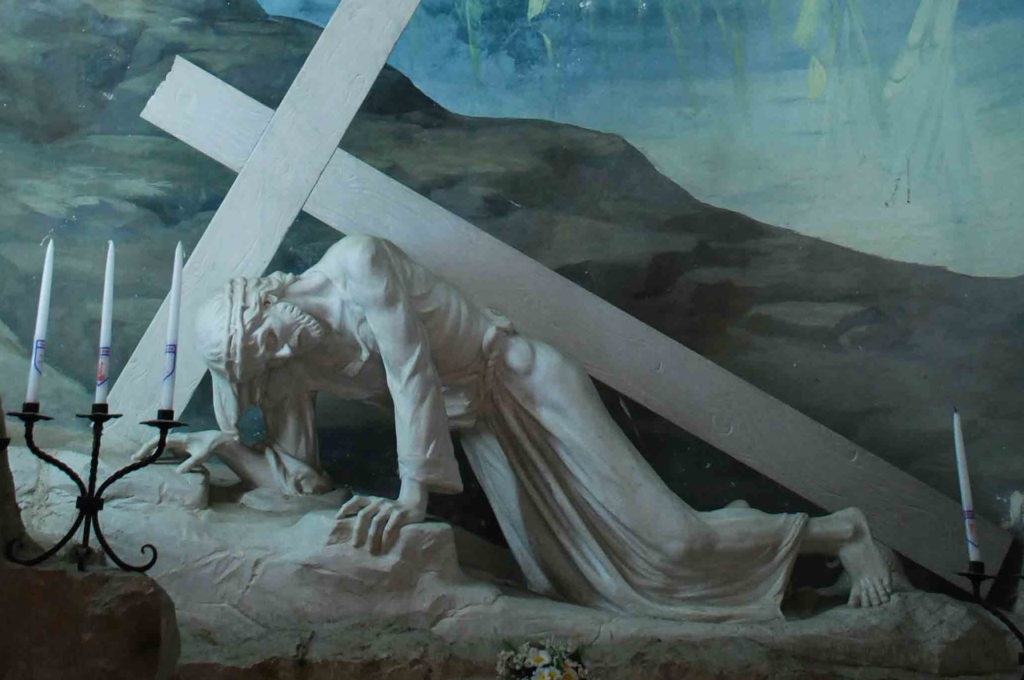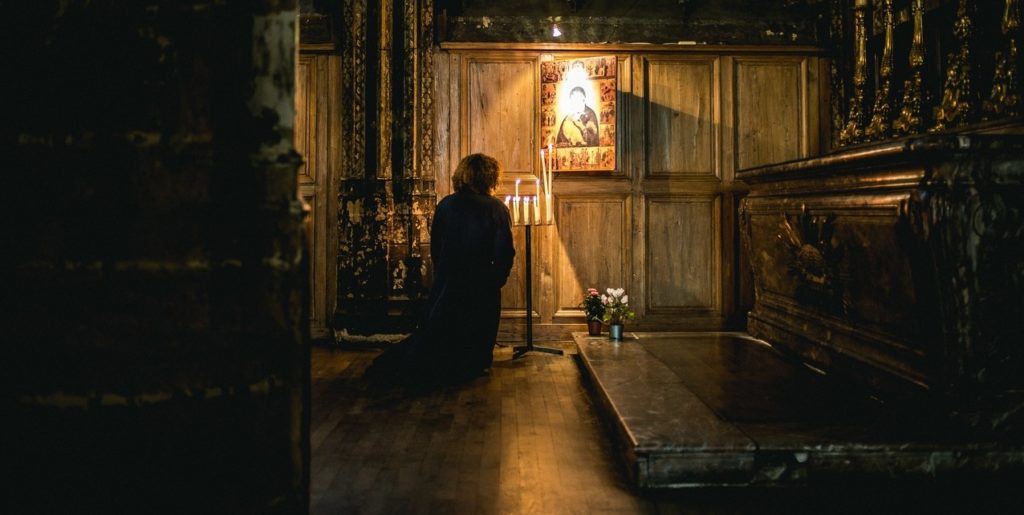2022: The Year of the Third Sorrowful Mystery
I’m going to try something a little different with my Rosary prayers starting this year. In addition to my daily Rosary prayers, I’m going to dedicate this year to a single mystery. I’m going to pray that decade every day. Each year, I’ll change the dedicated mystery. That means I’ll have a different mystery to […]
2022: The Year of the Third Sorrowful Mystery Read More »










